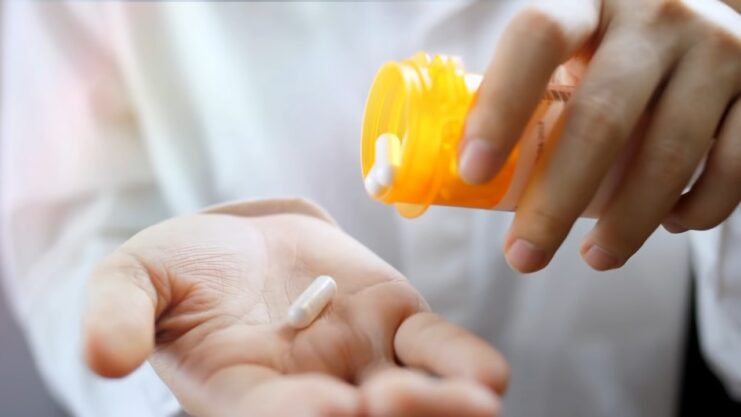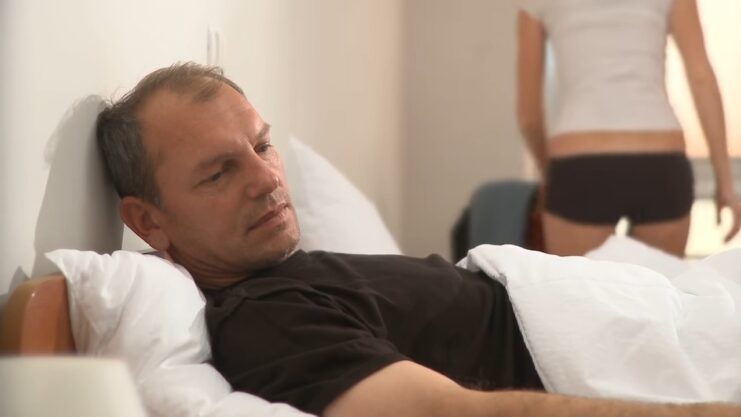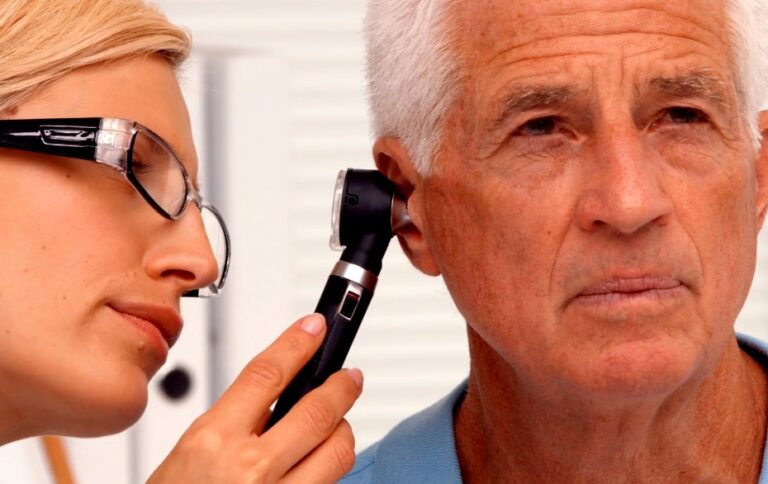Premature ejaculation (PE) is a common concern for many men, often leading to decreased confidence and intimacy issues. While there are various treatment options available, this article delves deep into the medical treatments that have shown significant promise.
Before we dive in, if you’re interested in non-medical options, do check out our previous article on the subject. Now, let’s explore the world of medical interventions for PE.
Premature ejaculation is when ejaculation occurs sooner than a man or his partner would like during sexual activity. It’s a common sexual complaint, but for some, it can be a sign of more serious concerns. Understanding its causes and treatments can help men regain control and improve their sexual experiences.
Causes and Impact
- Psychological factors: Stress, depression, anxiety, guilt, and relationship problems can play a significant role.
- Biological factors: Hormonal imbalances, abnormal neurotransmitter levels, and inherited traits might contribute.
The Importance of Treatment
- Improved sexual satisfaction: Overcoming PE can lead to more fulfilling sexual experiences for both partners.
- Enhanced self-confidence: Regaining control can boost a man’s confidence, both in and out of the bedroom.
Medicines: The Frontline Defense Against PE

There are two primary categories of medicines that have proven effective in treating PE. Their efficacy varies among individuals, emphasizing the importance of consulting with healthcare professionals for personalized advice.
SSRIs (Selective Serotonin Re-uptake Inhibitors)
SSRIs, primarily designed to treat depression, have an interesting side effect: they can delay ejaculation. This property has been harnessed to treat PE.
- Dapoxetine (Priligy): The only SSRI officially indicated for PE. It can quadruple the time before ejaculation in some men. However, its full potential might not be evident until after multiple doses.
- Other SSRIs: While not officially indicated for PE, medicines like Setraline, Paroxetine, and Fluoxetine can be prescribed off-label for their ejaculation-delaying side effects.
PDE5-Is (Phosphodiesterase 5 Inhibitors)
Famous for treating erectile dysfunction, these medicines have also shown promise in treating PE, especially when combined with Dapoxetine.
- Cialis, Levitra, and Viagra: Effective for PE resulting from erectile dysfunction. They can also benefit men without ED, especially when combined with Dapoxetine.
- Safety and Side Effects: Generally safe, but potential side effects include flushing, heartburn, and headaches.
Taking Control: The Path Forward

With the right medical intervention, many men can regain control over their ejaculation, leading to more satisfying sexual experiences and improved self-confidence.
Consultation and Prescription
In Singapore, these medicines require a doctor’s prescription. It’s crucial to consult with a healthcare professional to determine the best treatment plan tailored to individual needs.
Follow-up and Monitoring
After the initial consultation, patients can often continue purchasing the prescribed medicine without further consultations. However, if any side effects arise or if new medicines are prescribed, a follow-up consultation is essential.
The Science Behind the Solutions

Understanding the science behind these treatments can empower patients, providing clarity and confidence in their choices.
How SSRIs Work
SSRIs function by increasing the levels of serotonin in the brain. Serotonin is a neurotransmitter that plays a pivotal role in mood, emotions, and certain bodily functions, including ejaculation.
- Brain Chemistry: By preventing the reuptake of serotonin, SSRIs ensure that more of this neurotransmitter is available in the brain. This can help delay the reflex of ejaculation.
- Timing and Dosage: The efficacy of SSRIs, especially Dapoxetine, can be dose-dependent. It’s essential to follow the prescribed dosage and understand that maximum benefits might be seen after multiple doses.
The Mechanism of PDE5-Is
PDE5-Is primarily target the enzyme phosphodiesterase type 5. Their primary role in erectile dysfunction treatment has provided insights into their potential for PE.
- Blood Flow: These medicines enhance blood flow to the penis by relaxing the smooth muscle cells lining the blood vessels. This not only aids in achieving and maintaining an erection but can also delay ejaculation.
- Dual Benefits: For men experiencing both ED and PE, PDE5-Is can offer a two-fold solution, addressing both concerns simultaneously.
Beyond Medication: Holistic Approaches
While medicines offer a potent solution, integrating them with holistic approaches can amplify their effectiveness.
Behavioral Techniques
Several techniques can help men delay ejaculation without the use of medication.
- Pause-Squeeze Technique: This involves pausing during intercourse and squeezing the base of the penis until the urge to ejaculate passes.
- Start-Stop Technique: Similar to the pause-squeeze, this method involves pausing the sexual activity entirely until the sensation to ejaculate subsides.
Counseling and Therapy
Emotional and psychological factors can contribute to PE. Addressing these underlying issues can be as crucial as treating the physical symptoms.
- Individual Counseling: This can help identify and address any negative patterns of thought or feelings of guilt, anxiety, or depression.
- Couples Therapy: Engaging with a partner can help address relationship issues that might be contributing to PE.
FAQs
1. What is the average duration before ejaculation is considered ‘premature’?
While there’s no set time, ejaculation is typically considered premature if it occurs within one minute of penetration. However, the main consideration is whether it happens sooner than desired, causing distress or frustration.
2. Are there natural remedies for PE?
Yes, some men find relief using natural remedies like zinc supplements, herbal concoctions, and certain exercises. However, their efficacy isn’t as well-documented as medical treatments.
3. Can lifestyle changes help manage PE?
Absolutely. Reducing stress, avoiding alcohol and drugs, and regular exercise can potentially help manage symptoms. A balanced diet and adequate sleep also play a role.
4. Is PE a sign of a more serious health issue?
While PE itself isn’t harmful, it can sometimes be an indicator of underlying health issues, such as prostate problems or heart disease. It’s essential to consult with a healthcare professional if you have concerns.
5. Can PE affect fertility?
PE doesn’t directly impact fertility. However, if ejaculation doesn’t occur within the vagina, it can make natural conception difficult.
6. Are there any long-term side effects of PE medications?
Most side effects of PE medications are mild and temporary. However, like all medicines, there’s a potential for long-term side effects, which is why regular check-ups and consultations with a doctor are crucial.
7. Can I combine medical treatments with behavioral techniques?
Yes, combining medical treatments with behavioral techniques can often enhance the overall effectiveness of the treatment plan.
Final Words
Premature ejaculation, while common, can be a source of distress for many men. However, with the advancements in medical treatments and a deeper understanding of the condition, there’s hope for those seeking solutions. Remember, open communication with partners and healthcare professionals is the key to finding the right treatment and regaining control.
Related Posts:
- Premature Ejaculation (PE) - Separating Fact from Fiction
- Gonorrhea - From Symptoms to Treatment
- Bacterial Vaginosis: Causes, Symptoms, and Treatment Options
- Trichomoniasis: Diagnosis and Treatment Options for…
- Ultimate Guide to Chlamydia: Diagnosis and Treatment Options
- Micropenis: Causes, Treatment, and Coping Strategies













